Unlocking the Programmer's Mind: 5 Astonishing Techniques for Creative Breakthroughs
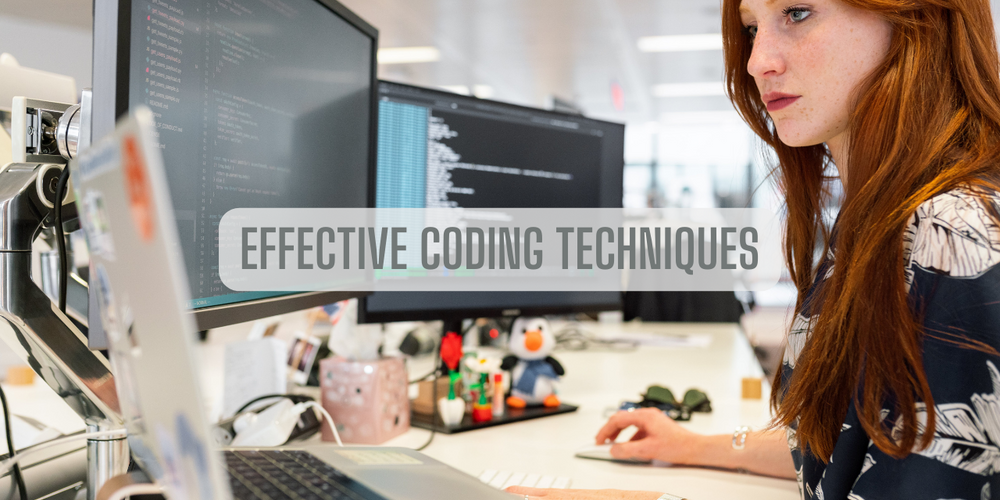
Programming, often seen as a mechanical and rational task, conceals a psychological dimension that profoundly influences a programmer's performance. Beyond the lines of code, the human element plays a crucial role in the complex world of software development. In this exploration, we delve into the psychological factors shaping a programmer's journey and unveil effective techniques to navigate these intricacies.
1. Conversations with the Faithful Rubber Duck

Enter the whimsical world of rubber duck debugging, a technique that transcends its amusing façade. Whether it's a rubber duck, a trusty mug, a feline companion (dogs, regrettably, may not suffice), or a patient colleague, the choice of conversational partner matters less than the act itself.
This peculiar strategy disrupts the brain's penchant for shortcuts. As you articulate your code to an inanimate confidant, your mind shifts into a more deliberate thinking mode. The act of explaining code forces a slowdown, revealing elusive logic errors that skimming tends to overlook.
Moreover, the rubber duck becomes a mirror to your ego. Externalizing thoughts exposes them as facts, creating objectivity crucial for identifying flaws. The temporary teacher-student dynamic with the duck transforms debugging into a comprehensive learning experience.
2. The Shower Effect: Relaxation Unleashing Creativity
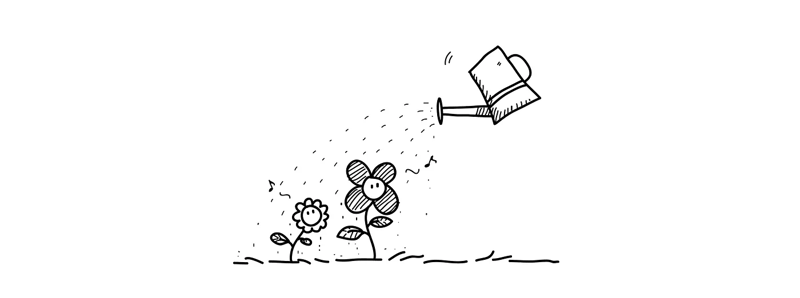
Ever had a breakthrough while showering, jogging, or even sleeping? The shower effect underscores the power of relaxation on cognitive processes. A relaxed body primes the brain for optimal thinking, providing an environment conducive to creativity.
Physical activities, such as mild workouts, reduce mental anxiety, allowing the brain to unwind. The dopamine release during these activities enhances creativity, fostering a conducive atmosphere for problem-solving.
Moreover, activities like showering force a break, interrupting conscious thought. While the conscious mind takes a hiatus, the subconscious continues to work, often yielding unconventional insights impossible through intentional contemplation. Perhaps workplaces need designated "Shrines of Inspiration"?
3. The Power of Getting Stuck: Embracing Challenges
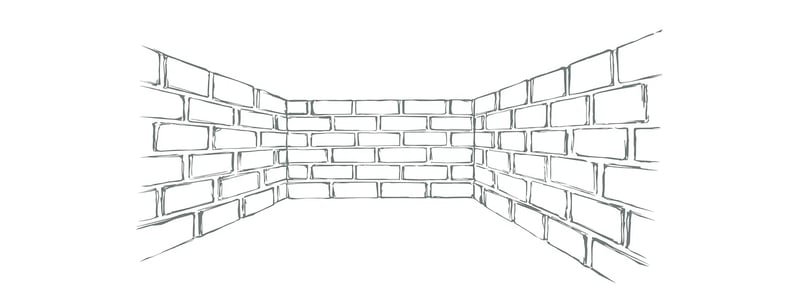
Stumbling upon a roadblock induces a demoralizing state, triggering a rush to hastily resolve the issue. Fear of failure looms large, and the urgency to progress sometimes results in suboptimal, hacky solutions.
Acknowledging being stuck reframes the situation. Instead of a setback, it becomes a valuable piece of knowledge, offering a new perspective on the system. This awareness prompts a backtrack to fundamental assumptions, potentially leading to profound revelations: a refined conceptual model, a more robust design, or an ingenious algorithm.
Understanding that being stuck is an inevitable facet of programming enables a calm approach, fostering resilience and transforming challenges into opportunities for growth.
4. Boredom and Anxiety: The Pendulum of Programming
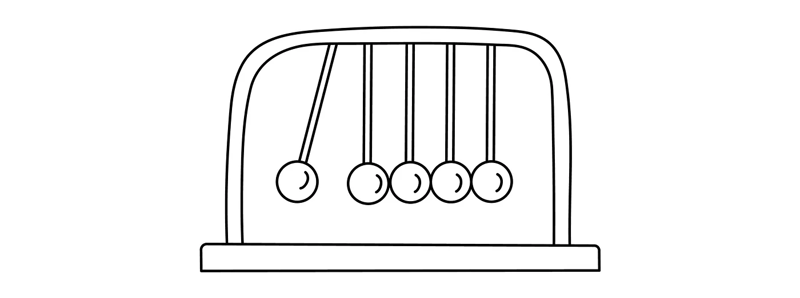
"Life swings like a pendulum backward and forward between pain and boredom." — Arthur Schopenhauer
In the realm of programming, replace "pain" with "anxiety." Tedious tasks are an inherent part of programming, demanding patience. Boredom, a creativity killer, can be mitigated by transforming non-creative tasks into rituals. When tasks like code proofreading and documentation become rituals, they cease to be mundane, offering a sense of mission and satisfaction.
Anxiety, the antithesis of ego, often emerges without valid reasons. Externalizing fears into concrete tasks reduces anxiety levels, restoring focus and enhancing problem-solving capabilities.
5. The Question of "What Do You Want?": A Philosophical Perspective
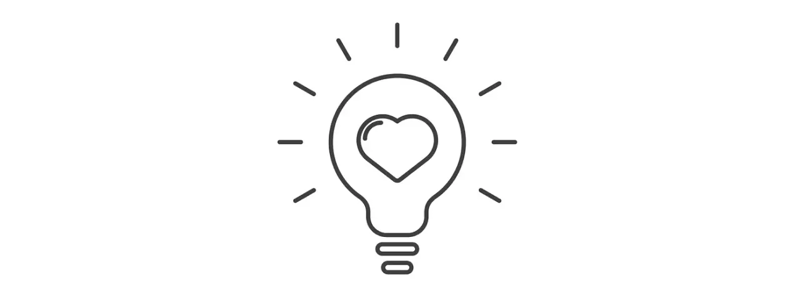
In the pursuit of becoming better programmers, a fundamental question arises: What defines a good programmer? Quantifying programming quality and objectively comparing individuals or code remains elusive. Amid external pressures, self-inquiry becomes paramount.
"What do you want?" transcends deadlines, features, or external expectations. Similar to creating music or movies, programming involves tension and resolution. Each coding endeavor, whether a design, feature, or subroutine, initiates a tension that demands resolution. Making the process personal and imbuing it with care results in a journey of creative engagement.
Final Thoughts: Embracing Humanity in Programming
Technical prowess often dominates the programmer's mindset, overshadowing the inherent humanity within. Acknowledging and navigating the irrational aspects of thought and emotion makes programmers not only more effective but also happier. The interplay between psychology and programming unveils a rich tapestry of strategies, transforming challenges into triumphs and injecting a sense of fulfillment into the programmer's journey.



